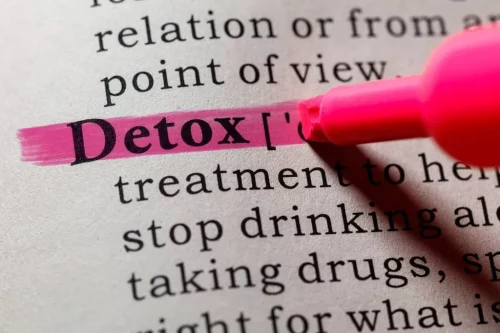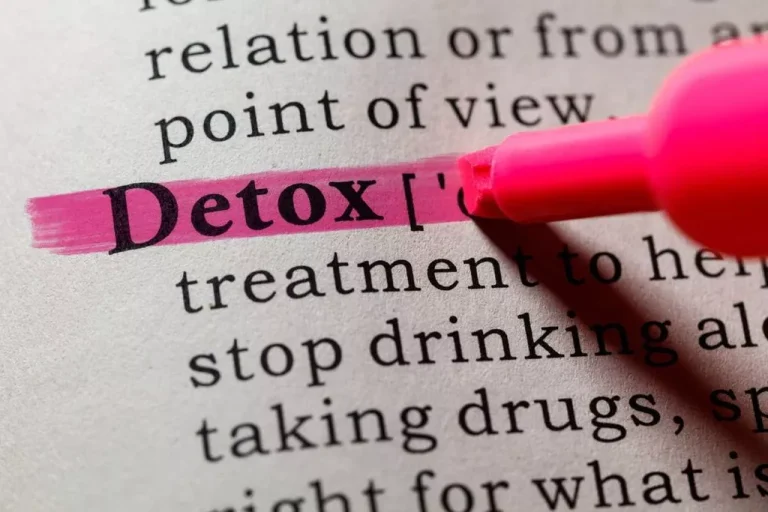
These include grains like wheat, barley, and rye used to make beer, which can affect people with celiac disease, non-celiac gluten sensitivity, and wheat allergies. Red wine contains high levels of histamine and may cause headaches, congestion, and itching in people with histamine intolerance. While an allergy to alcohol is rare, an allergy or intolerance to ingredients used to make wine, beer, or distilled spirits can. Antihistamines like Allegra (fexofenadine) and Zyrtec (cetirizine) can help alleviate histamine intolerance symptoms.
What Happens if You Have More Than One Virus at a Time?
So drinking lower amounts of alcohol during lockdown could mean that your liver is less effective at “clearing” alcohol from the body. As a result, you’ll feel the intoxicating effects even from lower amounts of alcohol. Equally, increased alcohol consumption during lockdown could lead to increased metabolic tolerance, where a greater amount of alcohol is needed to feel intoxicated. An alcohol allergy means you’re allergic to an ingredient in the drink.

General Health
Management of ALD may include pharmacotherapies such as baclofen and naltrexone, tailored to individual patient needs and liver function. Alcohol’s suppressive effect on the brain’s neurological pathways responsible for breathing can also lead to respiratory issues, including an increased risk of pneumonia. However, if you have a serious reaction or severe pain, see your doctor. Also, if your symptoms seem to be linked to an allergy or a medication you’re taking, see your doctor.
Advice
- Red wine contains high levels of histamine and may cause headaches, congestion, and itching in people with histamine intolerance.
- Those with alcohol intolerance should try to limit or abstain from alcohol consumption entirely.
- Alcohol intolerance is also known as alcohol flushing syndrome, alcohol rash, or aldehyde dehydrogenase 2 deficiency.
- The most common cause is starting a new medication that inhibits the enzymes needed to metabolize alcohol, leading to new intolerance symptoms.
The sudden development of alcohol intolerance is a common early symptom of CFS. Chronic fatigue syndrome (CFS) is a chronic condition involving pain, insomnia, and severe fatigue that does not improve with rest. A 2023 study found that individuals with CFS are more likely to experience alcohol intolerance. Alcohol intolerance is an immediate unpleasant reaction to consuming alcohol intolerance alcohol. It typically occurs because of a genetic difference that makes the body unable to break down alcohol efficiently.
How To Make Dry January Stick

Alcohol tolerance can be explained via several mechanisms – but here are four ways that tolerance may develop and change. As pubs and bars reopen across England, many are excited about the opportunity to enjoy a drink with friends and family. While some evidence suggests alcohol consumption increased during lockdown, other reports suggest that over one in three adults drank less – or stopped altogether. Jaines M. Andrades, DNP, AGACNP-BC, discusses alcohol, the aging process, the latest research on alcohol as we age, and why hangovers feel worse as we get older. Andrades encourages anyone who drinks to be mindful of how many ounces of alcohol you’re consuming. For many adult Americans, a nightcap is a welcome ritual at the end of the workday.

You need to get to the nearest A&E department as this can be a life-threatening medical emergency. While rare, people with grape allergies should avoid wine and grape-based liquors, including brandy. Even less common is an allergy or intolerance to corn-based liquors like bourbon. If you experience headache, flushing, itching, or congestion after drinking red wine, it may be because you have histamine intolerance. Individuals may also explore alternative alcoholic beverages or nonalcoholic options that they can tolerate.
- Taking antihistamines regularly before drinking could also cause your body to build up a tolerance to the medicines.
- We publish material that is researched, cited, edited and reviewed by licensed medical professionals.
- “If you start to feel sick after drinking a small amount of alcohol, or notice your face, chest and neck becomes flushed, this can be a sign of alcohol intolerance,” says Parker.
- These reactions are the body’s response to an inability to metabolize alcohol effectively, often due to a genetic predisposition.

